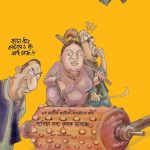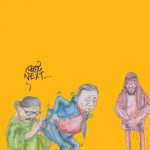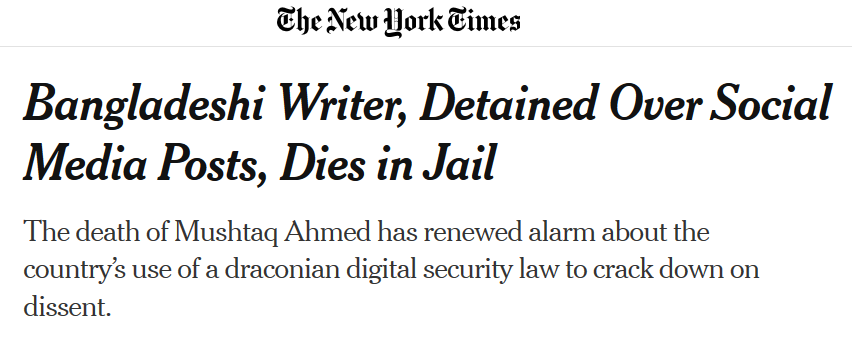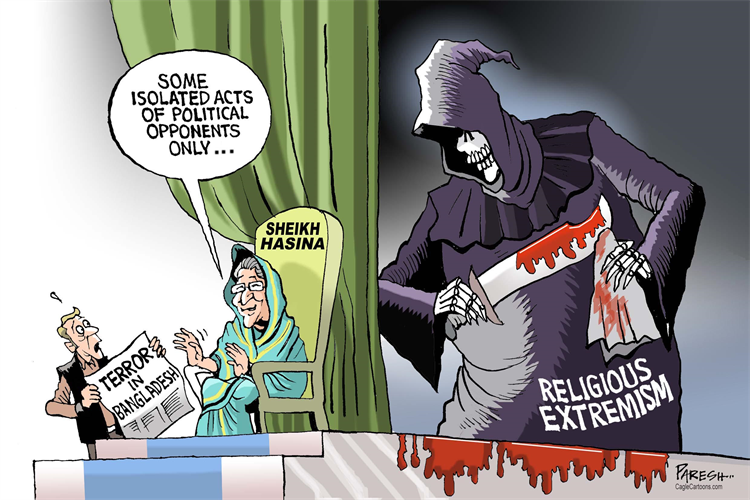Bangladesh Jails Cartoonist for drawing The Prime Minister
A Dhaka court has again rejected bail petitions of cartoonist Ahmed Kabir Kishore and writer Mushtaq Ahmed in a case filed under the Digital Security Act.
Mr. Kishore was arrested in May after his cartoons were posted online in March and April. He was charged under the 2018 Digital Security Act for spreading false news and misinformation on the country’s COVID-19 response.
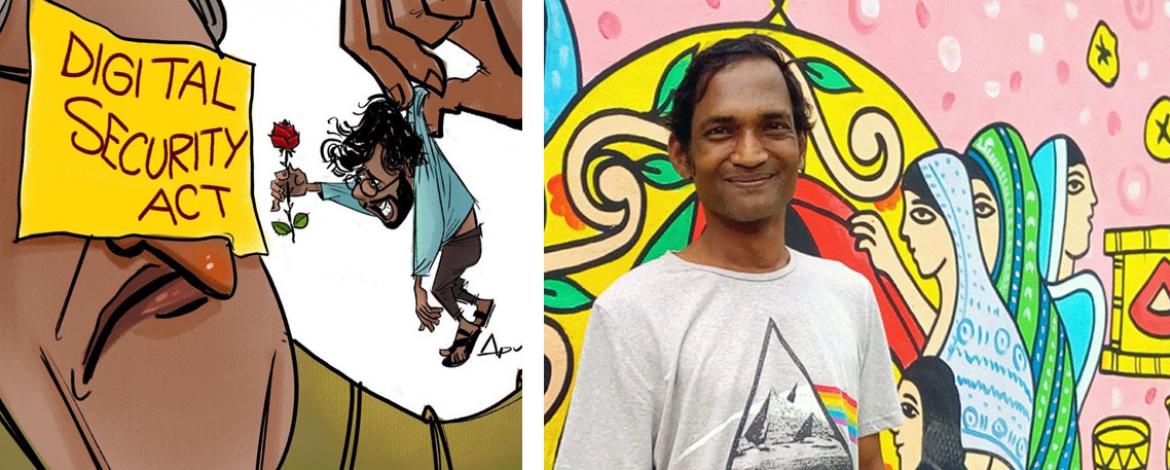
In court hearings held virtually, Mr. Kishore’s bail applications have been denied five times, and no trial date has been set, said Karima Bennoune (Special Rapporteur in the field of cultural rights), Irene Khan (Special Rapporteur on the right to freedom of opinion and expression) and Tlaleng Mofokeng (Special Rapporteur on the right of everyone to the enjoyment of the highest attainable standard of physical and mental health).
Eleven people — including the four arrestees — were charged with “spreading rumours and carrying out anti-government activities” under the Digital Security Act on May 6.
Swedish-Bangladeshi journalist Tasneem Khalil, who runs Netra News, US-based journalist Shahed Alam and blogger Asif Mohiuddin are also among those named in the case
They said that the authorities had released thousands of individuals to reduce the risk of COVID-19 transmission in prisons, and that there was “no legitimate reason to refuse Mr. Kishore’s request for bail”.
In addition to requesting the immediate release of Mr. Kishore, the experts called on the authorities to drop the criminal charges against him, as per Bangladesh’s international human rights law obligations.
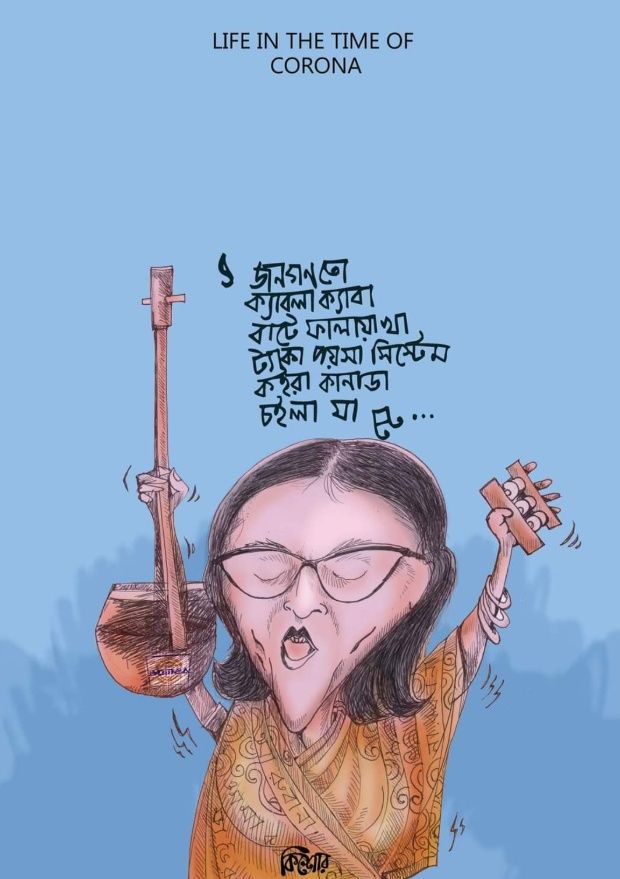
UPDATE from the New York Times on Feb. 26, 2021
DHAKA, Bangladesh — A Bangladeshi writer who was detained for nearly a year over social media posts that were critical of the country’s government has died in jail, officials and family members said on Friday, raising alarms about the country’s crackdown on dissent.
The writer, Mushtaq Ahmed, was among 11 people charged early last year over the spread of social media content, including cartoons, that alleged mismanagement and corruption in Prime Minister Sheikh Hasina’s response to the pandemic.
His case was brought under Bangladesh’s Digital Security Act, a 2018 law that gives the government wide-ranging powers to search, fine and arrest anyone who violates its vague tenets, including violating “the solidarity, financial activities, security, defense, religious values or public discipline of the country.”
Critics say it has been used to stifle dissent.
The Asian Human Rights Commission said it had documented the arrest of 138 people last year — journalists, students and political activists — for criticizing Ms. Hasina’s government.

